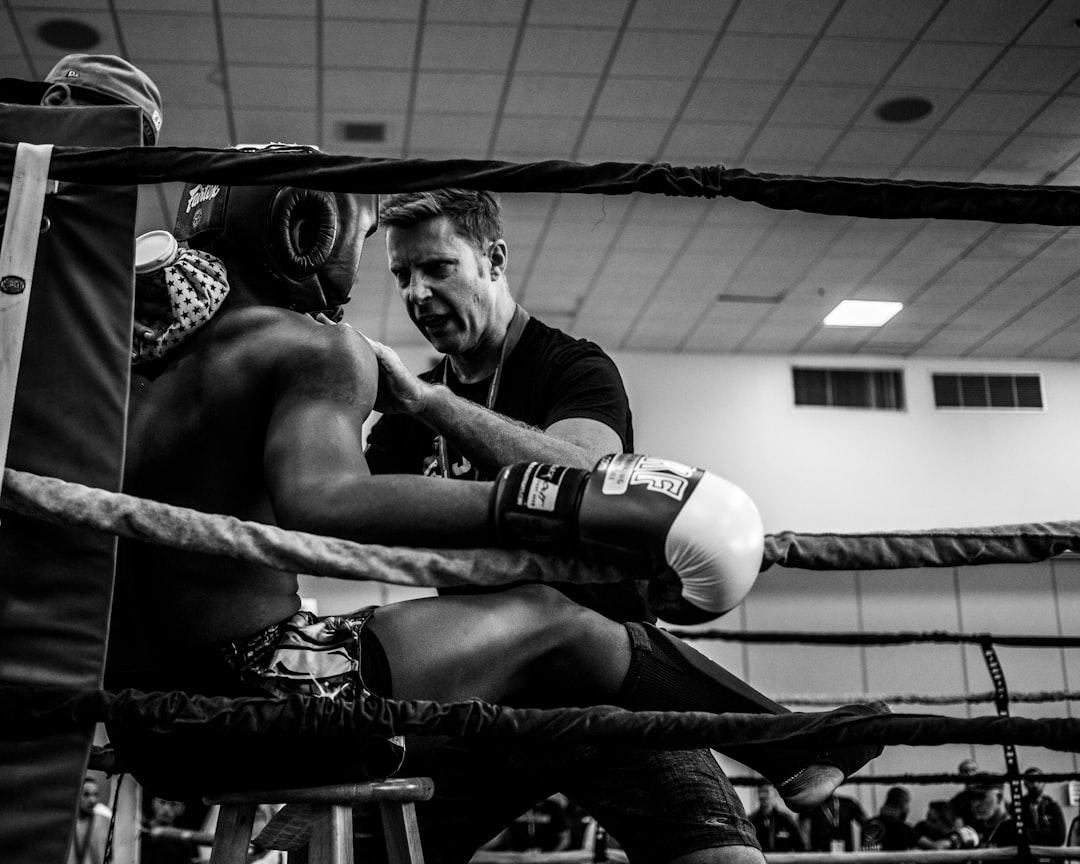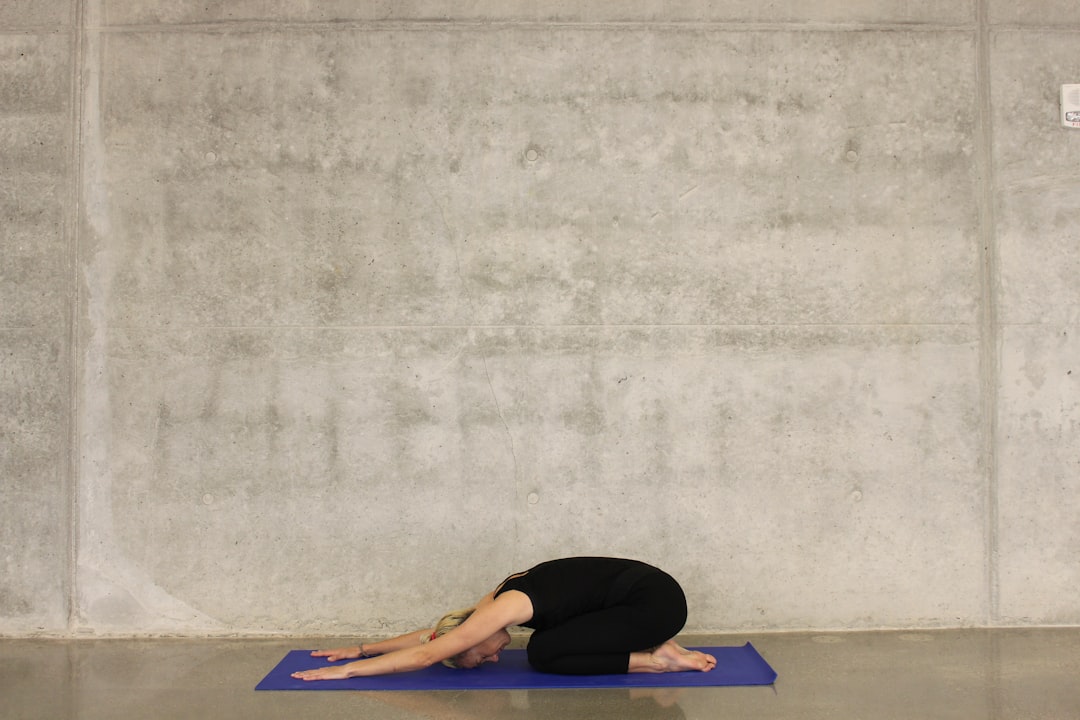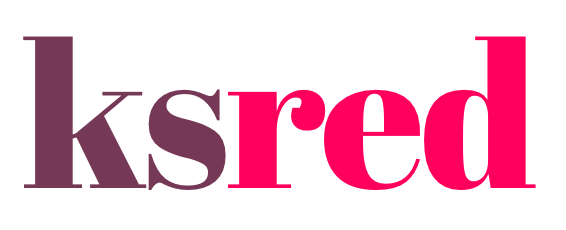This post is written mainly as a reminder to myself. I believe there is helpful information in here, and hopefully there'll be some positive takeaways for anyone reading.
I've always been keen on exercise. Since the start of high school, I don't think there has been a period of longer than a few months where I didn't do something, whether that is gym, running or some sport. At peaks I would exercise several hours a day.
After all of these countless hours of exercise though, I still feel like I know nothing. And that feeling comes from learning more about exercise and the way your body works. Reading books like The World’s Fittest Book, Becoming A Supple Leopard and Can’t Hurt Me opens the mind up to what exercise actually is, how the body works and why it changes in the ways it does.
As time has gone on I have got more meticulous about measuring data, and doing (as far as I can) controlled experiments on exercise and diet. I’m an engineer at heart and this is how I understand an issue, through trial and error and experimentation. I feel like slowly but surely I'm chipping away at the block of knowledge and uncovering some truths.

Strength is a skill
The base of strength is neurological: how capable your body is of putting your muscles to use in a given movement. This can be viewed as any other skill. When I was in high school I was a rower. In the beginning, my form was terrible, my back hurt, everything hurt. As the years went by and I practiced for hours a week I graduated from concentrating on how to do something to how well to do it.
As it turns out, the same thing applies to strength training. I've read this over and over again but it finally clicked reading Ross Edgley’s book. One of the reasons it clicked is because of Ross’s ability to change his body depending on his goal (this is honestly unbelievable and well worth the book alone). Treating strength as a skill means focusing on the movement as if you were doing ballet or martial arts: an intense focus on where your body is in space, how it is moving and where the force is throughout the movement.
A key takeaway and interesting side note: it finally clicked why there should be tension during a movement. I do amateur boxing training and one day my coach told me to twist my arm slightly at the end of the punch. The difference was marked: at least 30% more power off the bat. Why? Twisting caused tension, and now the power moving from my body through my arm to my wrist was no longer being dissipated. The same applies to tension in a squat, if your stomach is not flexed you're going to leak force there.

We're at 40% (and every additional percentage point is hard)
Knowing when to stop is an ever evolving art. Do you need to rest? Or are you just hitting a wall and not persevering? I've found this line to be ever blurry, but am also seeing ways to mitigate uncertainty.
The mitigation comes mostly from eliminating other variables that may be causing the burnout feeling basically: sleep and food (addressed below). Assuming that's covered, how hard can you push yourself? I believe the answer is “harder than you think”.
Listening to Goggins’s book gave great perspective on where the line is on our potential, and how low our limiters are set. He has a theory that when we are at our absolutely limits we're actually only around 40%. He describes many feats that he has achieved with willpower as the determining, and sometimes the only, factor. While he can be viewed as some outlier with special physical or mental abilities, I honestly believe he has just managed to “stay uncomfortable” and get beyond that 40% mark. Goggins himself says this, “I am not your hero”.
While Goggins pushes it to the extreme, I think that through following the principle of staying uncomfortable you will be forced to grow. I believe that growth comes through struggle. If you don't struggle, you don't grow. That's it. So if you want to grow, “get comfortable with being uncomfortable”.
What Goggins says is backed by science and shown in books like Peak. Here the authors go into detail about how some form of “mental limiter” constrains performance. While this limiter is useful, if you're pushing and growing it needs to be adjusted. Interestingly, mental fatigue directly corresponds to physical performance - if you do a load of boring tasks, you'll have a drop in performance.
Jocko Willink also has some great views on pushing yourself. He has notoriously started the “4:30 club”, where everyone who is in this club wakes up at 4:30 am and “gets at it”. It's a great philosophy, not because I'm a morning person, but because of the underlying principle - discipline. Discipline Equals Freedom is Jocko’s mantra and I fully agree. So while waking up at 4:30 might contradict the need for sleep, it's about setting up a framework for success.
So, you've accepted that you're only at 40%, where do you go from here? This limiter covers both physical and mental activity. Mental activity is easier to push the limiter out: read more, learn a language, learn a skill, write a book. The discomfort when pushing yourself mentally, that frustrated feeling, is you growing and pushing that limiter. This is well described in Josh Waitzkin’s book The Art Of Learning.
Physically, getting to the 40% might be a bit harder. To put it into perspective, when Goggins hit it the first time it was after running 60km of a 100km race with no training. This is also damaging and doesn't result in sustained increases in performance. I decided to build an app to help a person consistently reach at least near that 40% mark, and with the help of a friend created Fight A Bear. It's a random workout generator that will really push you, no matter what your level is. The workouts are between 30 and 70 minutes, and you're bound to hit at least one wall during that time. That wall is your limiter, and it's a mental limiter.
After having done these workouts for some time you start to feel that limiter, almost tangibly. It's not your muscles that are giving up, it's your mind. Once you recognise it, you ignore it and you grow.
A good example of pushing past the 40% mentally is the building of the above app. I had no idea how to do mobile development and always felt mystified. By doing an online course over some months I now have that skill.

Keep mobile
It's common knowledge that you should make stretching a part of your routine, especially if you exercise. Even as a desk bound worker you should regularly make sure your body is in a happy place and flexible. At the end of his book after years of crushing his limits physically and mentally, Goggins hits a wall. He can't walk, his body is shot, and doctors don't know what's wrong with him. It turns out it was due to the build up of tension in some key muscles as a result of him not being mobile enough.
After working mobility and stretching into his routine (in typical Goggins style, eight hours per day for weeks) he managed to fix his issue. It blew my mind how something so simple could be the cause of such a big physiological issue.
After doing several months of Fight A Bear, up to seven sessions a week (in addition to two boxing sessions) my body began to cramp up. With the harrowing story of Goggins fresh in my mind I decided to make sure I would not go down the same path.
I read in detail the book Becoming A Supple Leopard by Kelly Starrett. I digested the information, did the mobility tests, was shocked at my immobility, and created a routine. As I worked through the routine daily, ailments that had been bothering me vanished. It was remarkable, a bad backache I'd had for weeks gone after two sessions. The body is incredible.
Keeping mobile also helps with the general health of your body, allowing stronger blood flow, removal of toxins and even increasing strength.

Diet is everything
The two biggest parts of this I've left for last: food and sleep.
The importance of diet cannot be understated. I’ve experimented with a few kinds of diets throughout the years. I was vegan for 9 years, becoming emaciated in the process, and have landed on a low carb diet with loads of healthy fats and animal goodness.
I'll address the vegan community: veganism absolutely did not work for me. No, I didn't just eat junk food. Yes, I watched in detail all of what I ate including macros, vitamins and minerals. Yes, I was active and exercised a lot. No, a vegan diet is not good for everyone. In fact I'd say a vegan diet is not good for the vast majority of people (so we're clear, like 98% of people).
When I stopped being vegan I almost immediately put on weight with my base body weight now around 15kg heavier. My sense of vitality was better than ever as my body got what it needed.
After a few years on my new diet I started getting stomach cramps so painful I wouldn't be able to sleep some nights. I read The Diet Myth, got a test done to see what's going on in my microbiome, got the results and amended my diet. The cramps I had were gone in two days. Again, the body is incredible.
I kept my diet healthy and continued to read books. Two that stood out are The Obesity Code and Deep Nutrition. The Obesity Code gives great insight into why fasting is so good, why blood sugar should be a key focus and how to adequately frame your eating. Deep Nutrition however, change my fundamental outlook on food.
I'd highly recommend reading Deep Nutrition (I listened to the audio book and it was great), but in summary the takeaways are:
- Vegetable oils are the devil
- Sugar is the devil's cousin
A framework is also given for staying healthy, the author calls it “the human diet”:
- Eat meat on the bone
- Eat fresh vegetables and fruit
- Eat organs and offal
- Eat fermented and sprouted foods
I amended my diet accordingly and have never felt better. It's night and day, and I came from what I thought was a good place. One noticeable improvement after not even a week was the increased cognition I had - thoughts were super clear, I could easily articulate myself, I could recall information quickly.
More than any of the above, the book made me understand the importance of food. I now believe that food is by far the most important thing in your waking life. I've started cooking almost all the food I eat, which is a fantastic task and skill to develop, and bone broth is now a staple.
I'm hammering this home but seriously - read Deep Nutrition.

Sleep is everything else
The final factor is sleep. This is the most important thing to be focusing on, in addition to food. As with food, without sleep everything else pales in comparison. If you don't get sleep right, you're starting the race several laps behind.
I've come to understand everyone should aim for at least 7 hours of sleep a night, most people landing at around 8 and if you do a lot of exercise then closer to 9. This is basically non-negotiable, you can cheat sleep for a while but after that it'll get you. I had this experience in the last year.
I was exercising a lot, working a lot with high pressure, and sleeping around 6 to 6.5 hours a night. Everything was grand for the first while, but slowly I started to lose energy and focus. Around a month in I was visibly more tired and listless. Did I listen? Of course not. After the third month I woke up feeling anxious and depressed. I struggled to get the energy, mindset and will to even get out of bed. It was bad: super intense anxiety and incredibly low happiness levels. I took a step back and prioritised sleep. For the first few days I got between 8.5 and 9.5 hours (this is way out of my usual band). Again, the body showed its magical powers and after three days I felt like a new man, with both the anxiety and depression dropping to 30% of peak levels, in steady continuous decline.
A number of books I've read go into the importance of sleep: Why We Sleep, The World’s Fittest Book, Deep Nutrition, Peak.
Food and sleep should be the first and biggest focus. I'd wager they make up 90%+ of health, and everything else I listed is only a few percentage points.
The above has been my experience and as with everything in life, it's probably going to differ with you. However, I do think that there are fundamental truths here applicable across the board. Hopefully something clicks and you get some benefit out of this article.



